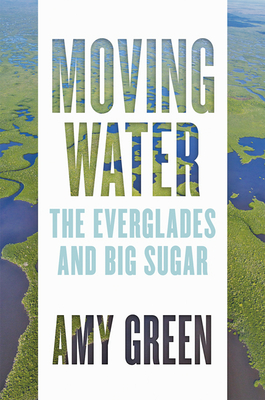Expedite your nonfiction book discovery process with Readara interviews, summaries and recommendations, Broaden your knowledge and gain insights from leading experts and scholars
In-depth, hour-long interviews with notable nonfiction authors, Gain new perspectives and ideas from the writer’s expertise and research, Valuable resource for readers and researchers
Optimize your book discovery process, Four-to eight-page summaries prepared by subject matter experts, Quickly review the book’s central messages and range of content
Books are handpicked covering a wide range of important categories and topics, Selected authors are subject experts, field professionals, or distinguished academics
Our editorial team includes books offering insights, unique views and researched-narratives in categories, Trade shows and book fairs, Book signings and in person author talks,Webinars and online events
Connect with editors and designers,Discover PR & marketing services providers, Source printers and related service providers

Moving Water: The Everglades and Big Sugar
Science > Environmental Science (see also Chemistry - Environmental)
- Johns Hopkins University Press
- Hardcover
- 9781421440361
- 9.1 X 6.1 X 1 inches
- 1.06 pounds
- Science > Environmental Science (see also Chemistry - Environmental)
- (Single Author) Asian American
- English
Readara.com
Book Description
Only a century ago, nearly all of South Florida was under water. The Everglades, one of the largest wetlands in the world, was a watery arc extending over 3 million acres. Today, that wetland ecosystem is half of its former self, supplanted by housing for the region's exploding population and over 700,000 acres of crops, including the nation's largest supply of sugar cane. Countless canals, dams, and pump stations keep the trickle flowing, but rarely address the cascade of environmental consequences, including dangerous threats to a crucial drinking water source for a full third of Florida's residents.
In Moving Water, environmental journalist Amy Green explores the story of unlikely conservation heroes George and Mary Barley, wealthy real estate developers and champions of the Everglades, whose complicated legacy spans from fisheries in Florida Bay to the political worlds of Tallahassee and Washington. At the center of their surprising saga is the establishment and evolution of the Comprehensive Everglades Restoration Plan (CERP), a $17 billion taxpayer-funded initiative aimed at reclaiming this vital ecosystem. Green explains that, like the meandering River of Grass, the progress of CERP rarely runs straight, especially when it comes up against the fierce efforts of sugar-growing interests, or Big Sugar, to obstruct the cleanup of fertilizer runoff wreaking havoc with restoration.
This engrossing expos� tackles some of the most important issues of our time: Is it possible to save a complex ecosystem such as the Everglades--or, once degraded, are such ecological wonders gone forever? What kind of commitments--economic, scientific, and social--will it take to rescue our vulnerable natural resources? What influences do special interests wield in our everyday lives, and what does it take to push real reform through our democracy? A must-read for anyone fascinated by stories of political intrigue and the work of environmental crusaders like Erin Brockovich, as well as anyone who cares about the future of Florida, this book reveals why the Everglades serve as a model--and a warning--for environmental restoration efforts worldwide.
Author Bio
Amy Green covers the environment and climate change at WMFE (NPR Orlando). She is an award-winning mid-career journalist and author whose extensive reporting on the Everglades is featured in the book MOVING WATER, published by Johns Hopkins University Press, and podcast DRAINED, available wherever you get your podcasts.
Amy’s work has been heard on NPR and seen in PEOPLE, Newsweek, The New York Times, The Christian Science Monitor, among many other publications. She began her career at The Associated Press in Nashville, Tenn. Amy grew up in Florida and lives in Orlando with her 7-year-old daughter.
Source: amybgreen.com
Videos








Community reviews
No Community reviews

